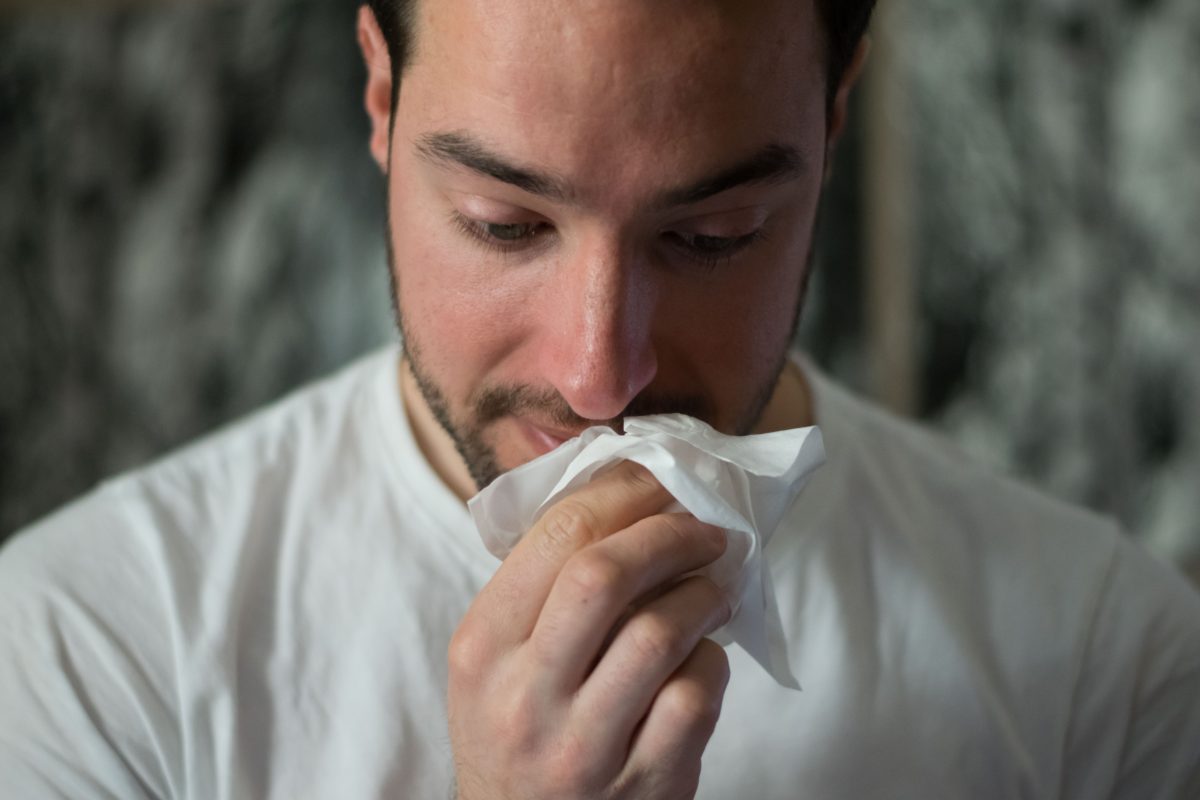Experts Predict This Allergy Season to be Longer Than Usual

Photo by Brittany Colette on Unsplash
April showers bring May flowers – and a whole lot of sneezing, itching, and puffy eyes, too. After a long and drawn-out winter, many of us are anticipating the start of spring. But for the millions of individuals who suffer from seasonal allergies, spring flowers are hardly a walk in the park. Experts are predicting that the 2014 allergy season will be among the worst seen in years. So, allergy sufferers, get your tissue boxes ready for this seasons worst allergy season!
According to Dr. Paul Ehrlich, an Allergy, Asthma and Immunology Specialist at Mount Sinai Beth Israel Hospital, the pollen levels this year will be in overdrive, starting as early as next week or the week after. Trees pollenate better in colder temperatures, so with all of the snowstorms that came this winter, there could be a huge amount of pollen in the air.
New Study: Black Seed Helps Patients with Allergies
Predictions say that those who suffer from mold allergies might also have more symptoms than usual this year. The very wet, snowy winter created the perfect temperature for mold to grow rapidly. Fortunately, this doesn’t mean that you won’t be able to enjoy being outside this spring if you have seasonal allergies. Trees decrease their pollen production in the afternoon, so you can still take your lunchtime stroll. Here are a few things that can make your allergy season less irritating:
Know your allergies
If you’re experiencing symptoms for the first time, an allergist can tell you whether you’re allergic to pollen, grass, mold, or something else entirely. If you have severe, recurring allergy symptoms, there may be an underlying cause for your problems. Visit your doctor for a recommendation to an allergist for more information and testing.
Track your symptoms
Pay attention to the types of symptoms you usually have, when they occur, and their severity whenever they occur. Find the right combination of allergy-fighting medicine, natural supplements, nasal sprays, and whatever else you need to alleviate your symptoms – there are plenty of options out there!
Try some natural remedies
Certain vitamins and minerals such as Vitamin C and its bioflavonoids (rutin, quercetin and hesperidin) work as natural anti-histamines and may be very effective in relieving your symptoms. You can reap the benefits of these bioflavonoids through your diet, too – foods with high bioflavonoid content include green vegetables like spinach and broccoli, as well as pineapples, grapefruit, onions and green tea.
New Study: Curcumin from Turmeric may help allergies
Keep pollen and other allergens outside
Make sure your shoes stay at the door and clothes you wore outside don’t get onto your bed, blankets, couches or anywhere else in your home! Cleaning your some regularly is a good way of keeping allergens outside.
Start your course of allergy medicine now
The chilly weather may have taken your mind off your allergies, but allergists advise starting your usual course of medication a week or two earlier this year.